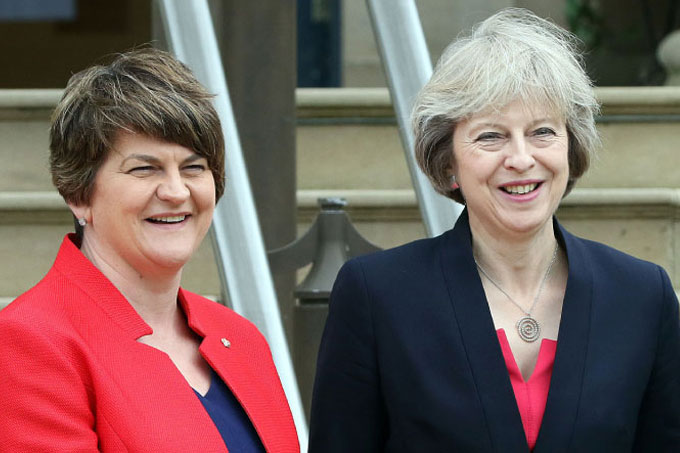Dr Laura Cashman explains why more women in Parliament does not necessarily mean women’s interests will be better served.
Overall, this election result, which punished the cynicism and hubris of the Conservative Party, reveals mixed results for women as politicians and voters.
More women than ever before have been elected to Parliament, including here in Canterbury where our longstanding Conservative incumbent has been narrowly defeated by Rosie Duffield for Labour. While this is good news, especially in an election held on the anniversary of suffragette Emily Davidson’s death 104 years ago, there is still a long way to go.
Women only account for one third of MPs and those who are newly elected must brace themselves for the vicious misogynistic attacks, to which more experienced women MPs have sadly become accustomed. Following the murder of Jo Cox last year, many more MPs revealed the burden they face in the onslaught of vile abuse via social media.
Often the mainstream media is little better as the now infamous Daily Mail “Brexit/legs-it” cover image of Theresa May and Nicola Sturgeon’s meeting to discuss Brexit reminded us. We might also consider the sometimes less than subtle sexism in the sustained attacks on May’s robotic approach or Diane Abbotts poor media performances. Boris Johnson’s blustering is rarely called out in the same way. Indeed, when it is, as by Michal Hussein on the Today Programme the day before the election, it is the female reporter who receives the flak.
The other point of concern for feminist politics is the announcement that the DUP have agreed to support a new Conservative government.
The DUP do not get a lot of coverage in the UK media beyond the occasional flurry of concern about the functioning of the Northern Ireland Assembly. Arlene Foster’s party holds deeply regressive views on policies such as access to abortion and equal marriage which do not align with general British values. Citizens in Northern Ireland who have demanded that the rights of other UK citizens be extended to them must despair at the thought that the DUP will now hold such a position of influence in Westminster. Equally, women across the whole of the UK, who have been disproportionately affected by the austerity cuts of successive Tory governments, will not feel comforted by the thought of what is to come in this next parliamentary term.
We shall have to wait and see how this latest episode of British political upheaval plays out. However, it is worth remembering that while the increased number of women elected to parliament may be welcomed, it is their voting record which matters, not their gender, nor their fashion choices.
Dr Laura Cashman is a Senior Lecturer for Politics and International Relations.
 Expert comment
Expert comment Jeanette Earl
Jeanette Earl 1612
1612


